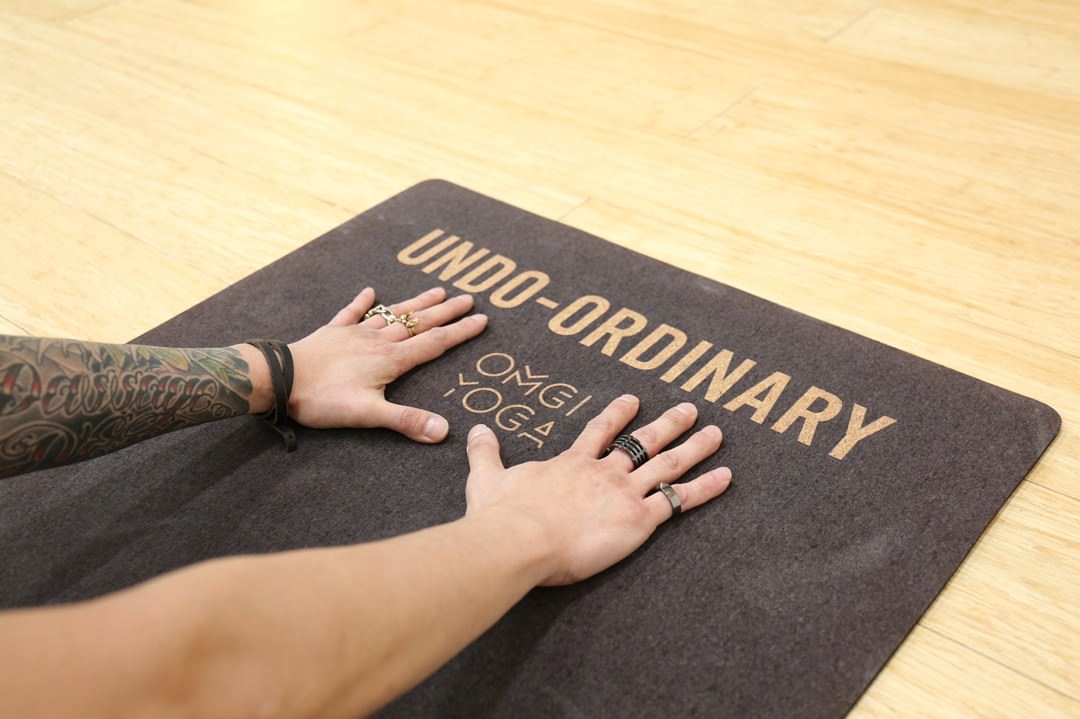The pulse of Brasil beats for more than fútbol. Fresh off the World Cup craze, UNDO nestled into the crevices of Rio’s running scene with Briza Corre, the country’s first independent, unsponsored run crew. Founded by skateboarder Charles Silva, also the creator of Coletiv Briza, a non-profit fixated on providing low income cariocas (Rio’s inhabitants) with access to sport and sweat. “My typical workout is a based off my state of mind,” Silva notes, “Targets and rates are for top athletes. I’m an urban corridor and I see much more than just a medal. I’m a street athlete. A true carioca, suburban corridor.”

Originally sponsored by Nike Brasil in 2011, Silva’s NGO, Coletiv Briza, began as part of Rio’s Coisadaboa Project, encouraging amateur runners to enter races around Brasil. Without any prior running experience, Silva along with other skaters and surfers became novice runners, training with the Coisadaboa Nike team. When the Nike project ended, the weekly bonds and training runs continued. Briza was born.
The global running crew movement known as Bridge the Gap spans from the New York City Bridgerunners to London’s Run Dem Crew. Silva sees Briza as both part of, and separate from, a movement sometimes fueled by Instagram streams of fresh gear and sneakers. “The average standard of a Brazilian runner is quite difficult to maintain as a lifestyle that goes beyond sports equipment. Today we are genuinely one of Crew STREET, a truly independent crew, race, blood, and sweat!” He explains, “Everything that happens in the movement Bridge the Gap is around U.S., Europe and Asia, recently. We welcome runners with open arms. But our reality is very different.”

In a country where running shoes cost more than the average monthly wage, the democratization of sport is a revolution mile-by-mile for Briza. Drawn to sports as a tool for social transformation,
Silva gravitates towards low cost and membership-free movement in street culture: the run, the ride, the roll, the surf.
Lack of resources does not trump resounding interest in running as a sport. A 2013 study by the Sporting Goods Manufacturers Association (SGMA) cites 25 million Brasilians run over 50 days or more a year, as compared to 4 million in the United States. Six percent of the Brasilian population, or 19 million, runners log 100 or more yearly miles, making running the third most popular sport after futbol (30.4M or 16% of the population) and skateboarding (4M).
“Today the country is poor in resources to the sport, this reflects in society today that there is an epidemic of physical inactivity in Brasil, costs or lack of access to sports are big culprits,” adds Silva. Briza aims to spread the movement throughout the country. Celebrating it’s third birthday this year, Briza now has sister crews in the four states in the Southeast.

Briza is in charge of Rio de Janeiro, The RUNderground-São Paulo, and Minas Gerais-BHZRC – unifying to mobilize others to race the streets.
Also a teacher, Silva brings his students to run, skate, and use the street as their playground. Open to all levels of conditioning, the weekly training follows 3 tracks: elite (“passionate sub-40 minute 10K runners who have logged over 1000KM”); trainer runners (“adore the struggle and focus on speed”); casual runners (“Little time for training, playing responsibly, never quitting”). Silva delineates, “My workouts are not a spreadsheet. I see the race as a mood, a need in my body, and will to His [God’s] will,” he exclaims, “start to move by walking to get energy all over the body, and then the sweat comes, and the mind gets balance, and the heart speeds up. That’s being Briza Corre!”
“Feel the Pull,” Silva’s mantra, is rooted in the pull and momentum of his daily “beloved” skateboard commute. With skate and surf in its DNA and social change fueling the fire, we see Briza Corre making waves. It’s not about the sneaker drop, it’s about the run, the love, the sweat. Pick up what Briza’s putting down. It’s spreading.




